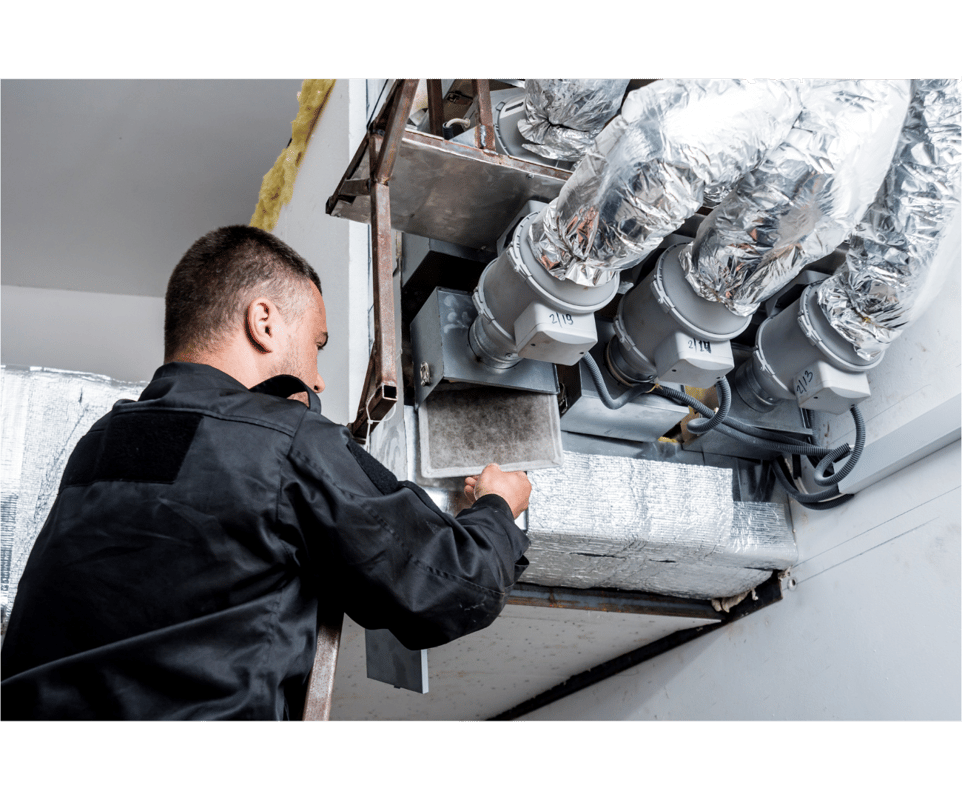How to Become a HVAC Technician in Ohio

What is a HVAC Technician?
HVAC (Heating, Ventilation, and Air Conditioning) technicians are responsible for the installation, maintenance, and repair of heating, cooling, and ventilation systems in residential, commercial, and industrial buildings. They diagnose and troubleshoot issues, perform preventive maintenance, and ensure the efficient and safe operation of these critical systems.
How Do I Get My HVAC Technician Certification?
To become a certified HVAC technician in Ohio, you typically need to complete a training program and pass the EPA certification exam. This exam covers topics such as refrigerant handling, system design, and safety practices.
How Do I Get a Job as a HVAC Technician?
After completing your training and obtaining the necessary certifications, you can start applying for HVAC technician positions. Many HVAC companies, as well as construction and maintenance firms, hire HVAC technicians. Networking, applying directly to companies, and using job search platforms can all be effective strategies for finding HVAC technician jobs.
Career Paths and Opportunities after Becoming a HVAC Technician
With experience and additional training, HVAC technicians can pursue various career paths, such as:
- Becoming a lead technician or supervisor
- Specializing in specific HVAC systems or equipment
- Launching their own HVAC contracting business
- Transitioning into HVAC system design or sales
Final Thoughts
Becoming a HVAC technician in Ohio can be a rewarding career path, offering job stability, good pay, and the opportunity to work with your hands in a constantly evolving field. By following the steps outlined in this guide and utilizing resources like Dreambound, you can set yourself on the path to a successful HVAC technician career.
Are you thinking about a job change or wanting to learn more about different career paths? Feel free to check out these additional articles:

Athena is Co-founder and CEO of Dreambound.



